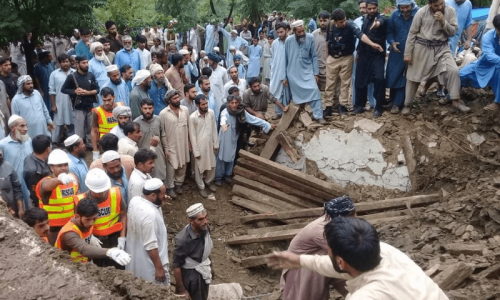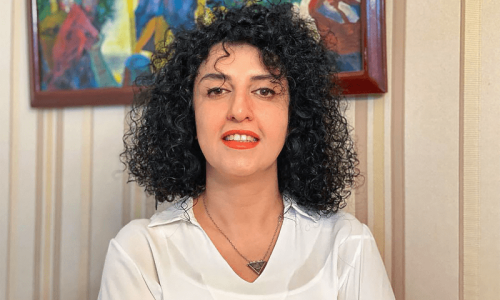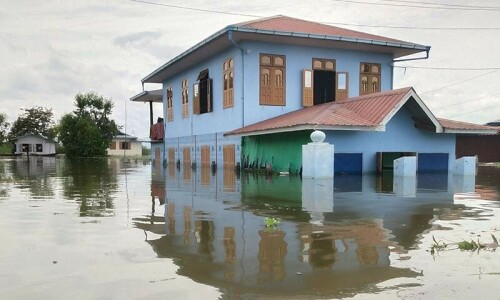PESHAWAR, Aug 16: The Khyber Pakhtunkhwa government has started a project in collaboration with local non-governmental organisations (NGOs) to improve healthcare delivery in five districts affected by man-made or natural calamities, officials said.
The government has implemented a project for efficient delivery of basic health services in Buner, Upper Dir, Dera Ismail Khan, Kohistan and Torghar districts, where it has started negotiations with local NGOs for improvement of health delivery network, they said.
Officials responsible for overseeing the three-year project told Dawn that they were in the process of selection of reputable organisations and after that the health department would start the programme under public-private partnership to improve health facilities in the designated districts.
Many donor agencies have pledged to extend financial and technical support to the initiative with a view to effectively implement the programme and improve the primary level care, they said.
“Once we improve the primary care facilities, people would feel a marked difference because they would not be required to travel to the district headquarters hospitals (DHQs) and tertiary care hospitals for common ailments,” the officials claimed.
The World Bank will be responsible for management of the programme under which work has been started to provide diagnostic equipment such as X-ray plants, microscopes, dental units and other desired accessories to dispensaries, basic health units and rural health centres in the districts.
Priority would be given to establishment and strengthening of reproductive and child health care facilities to cut down maternal and child mortality rate, they said and added that the staff of these facilities would be imparted training in antenatal care to enable them properly manage pregnant women and provide treatment to newborn children.
The officials said that under the programme each of facilities in the designated districts would get a nutritional centre that would be responsible for management of underweight and malnourished children and pregnant women.
The basic health units would be supervised by the DHQ hospitals. They would refer only serious patients to DHQ hospitals for management, for which a referral system would soon be put in place, the officials said.
They said that the NGOs would be selected to run such health facilities in collaboration with district health offices. To ensure transparency, village health committees would be set up that would receive patients’ complaints concerning staff of the health facilities and take remedial measures.
The donor organisations have also agreed to carry our repair work besides providing training to staff on regular basis, they said.
The officials said that family planning services would be provided to people free of cost while awareness campaigns would be run in this regard. The project would also focus on reducing vaccine-preventable childhood ailments, they said.












































Dear visitor, the comments section is undergoing an overhaul and will return soon.